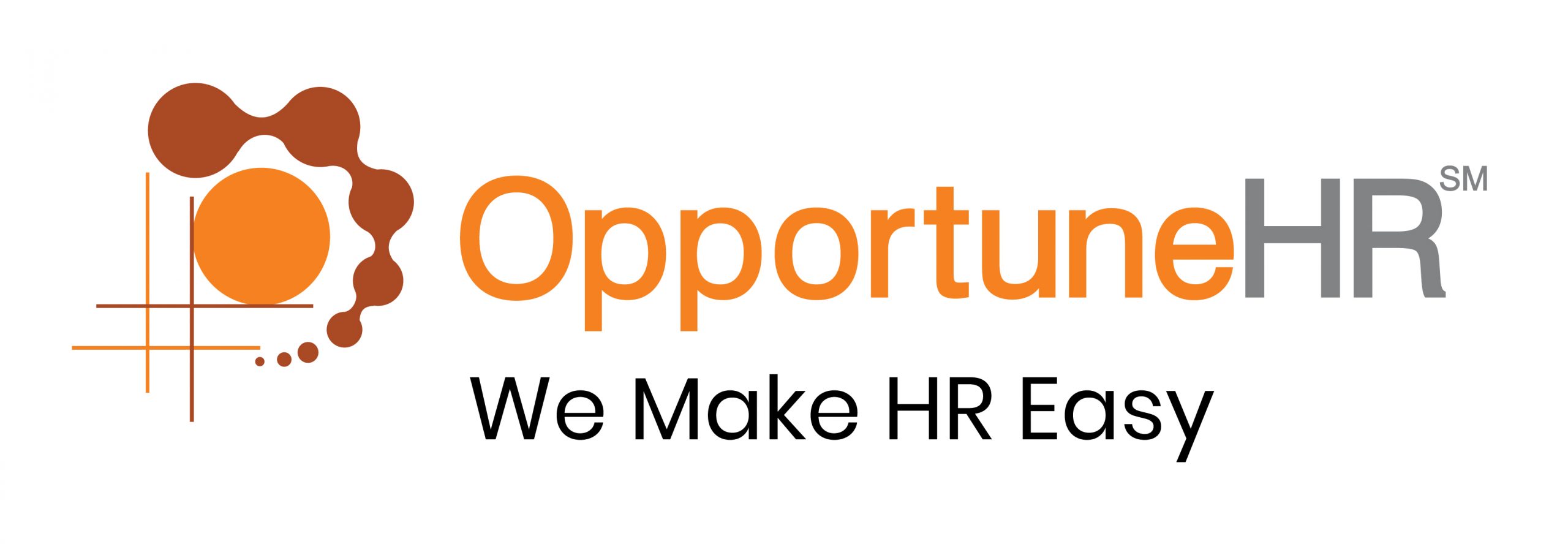Employee Self-Service, or ESS, is a dashboard or portal where employees can access and manage their own HR-related information. All on their own, without involving the HR department. They can view their attendance and leave status, payslips, and can request time off, update their personal details, without any assistance from HR personnel.
It is such an integral part of modern HR practices that employee self-service portals have become mandatory for all progressive companies. And SME business owners are also deploying it in their organisations.
Let’s see in detail…
Why SMEs must opt for Employee Self Service portal in their organisations–
The Role Of HR In SME Organizations Is Multi-Dimensional!
HR serves all employees in an organisation. From administrative tasks like attendance and payroll management to recruitment and employee engagement, everything is HR’s responsibility. Because the company policies are still evolving, the human resources department is also involved in defining and creating HR policies.
In organisations where all HR data is only with HR and admin, the employee needs to go to them for every trivial information. It interrupts employee’s workflow. And also reduces the productivity and ROI of HR function. Because they get involved in a lot of these minor operational issues and can’t focus on important initiatives mentioned above: like creating company policies, engaging employees, and building a healthy work culture.
This creates friction. The employees get restless when they don’t get the information they need. It might be a small query for HR, but for the employee it is significant.
On the other hand, when an employee hovers around with questions, the HR team can’t focus on their key areas. Their efficiency and productivity go down.
Often the employee concerns become a priority and HR doesn’t get enough time for strategic interventions.
But if ESS is deployed in the organisation, the information is available on a central server, or on the cloud.
And all employees have access to this centralized information through their personal dashboard.
As a result, with a few clicks the employee gets all the information!
No visits to the HR cabin, email threads or WhatsApp messages are required.
Here is how Employee Self Service helps HR teams–
- Centralized Information: An ESS portal provides a centralized platform for employees to access important information such as company policies, benefits, and procedures.
- Employee access to information: It allows employees to update their personal information, like contact details, and educational details, view payslips, request time off, and access training materials without needing assistance from HR staff. They can see the employee benefits, and other information, like taxes etc.
- Efficiency: HR portals streamline processes like onboarding, performance evaluations, and benefits enrolment, saving time and reducing paperwork for both employees and HR professionals.
- Compliance: The ESS portal ensures that the company remains compliant with labour laws and regulations by storing employee records securely and facilitating accurate reporting.
- Communication: It serves as a communication hub where HR can share updates, announcements, and resources with employees in a timely manner.
Here is a list of scenarios in which employee self-service features help SME organisations–
Employee Self Service portal takes the load away from HR during salary times.
The importance of HRMSS ESS can be experienced at peak events, like salary times.
Because a significant advantage of employee self-service is that employees can view their payslips electronically.
Multiple team members can see their salary details and other information at the same time through their personal dashboards. In case of any discrepancy, they can raise the concerns through their dashboards.
No need to wait for physical copies, or bookmark the mails with salary details. Employees can access their pay information securely through the online portal at any time. And can see their past salary data, too.
This surely empowers employees. And also saves valuable HR time. It reduces administrative costs associated with printing, managing and distributing paper documents.
Employees Can Themselves Update Personal Information On The ESS Portal.
Employees can update personal details such as contact information, emergency contacts, and banking details. Once the data is updated in ESS other systems needing that data are also updated at the same time.
This eliminates the extra work of HR professionals to manually input this information into multiple systems.
It reduces errors and saves valuable time. Plus, employees have greater control over their own data. They can make changes whenever necessary without relying on HR personnel.
This reduces email threads and keeps the data accurate and up to date.
With ESS there is no need for paperwork and form submissions.
Leave Requests And Approvals Are Fast With Employee Service Portal.
One of the most time-consuming tasks for both employees and HR professionals is managing leave requests.
Traditionally, employees would submit paper forms or send emails requesting time off. This manual process often leads to delays in approval and confusion regarding available leave days and leave application status. However, with employee self-service systems in place, employees can simply log in to the online portal and submit their leave requests directly.
The leave status is visible on the employee dashboard. So, no need to go to HR, or the approval manager multiple times.
Access To Benefits And Incentive Details.
An employee can access the details about his incentives and benefit packages on the ESS portal. Again, no need for visits to HR and admin.
Reduction Of Administrative Burden On HR.
By utilizing employee self-service systems, businesses can significantly reduce administrative burdens for HR professionals. And they can focus on more important HR work.
The Benefits Of Employee Self-Service Extend Beyond Streamlining HR Processes.
When employees take control of their own HR-related tasks, it saves time and also improves overall productivity within the organisation.
The employee self-service feature also has a positive impact on employee engagement and satisfaction. When employees have easy access to important information such as company policies, training materials, and benefit plans through a self-service platform, they feel empowered and informed.
Discover the importance of Employee Self-Service In Boosting Workforce Through employee Engagement activities
This accessibility creates a sense of trust between employees and the organisation. Employees no longer have to wonder about the details of their health insurance coverage or retirement plans; all relevant information is readily available online. This accessibility fosters trust between employers and employees as it demonstrates that organisations value transparency in these important areas.
Employee Self-Service Feature Empowers Employees!
Imagine:
An employee starting their first day at a new company. Instead of being overwhelmed by an avalanche of paperwork and having to wait for HR personnel to provide them with the necessary documents, they can simply log into the employee self-service platform.
Here they will find everything they need from onboarding materials to benefit plans and even details about upcoming events or changes within the organisation.
Let’s take another scenario:
An employee is working remotely but needs assistance from a colleague. Instead of going through multiple channels or waiting for an email response, they can simply send an instant message through the self-service platform and receive immediate support.
This seamless communication not only improves productivity but also fosters a sense of camaraderie among colleagues.
Conclusion: HRMS ESS is a must for small and medium businesses.
Employee Self Service platforms are a boon for SME businesses and all business owners must opt for them. ESS provides numerous benefits for the HR department as well as the workforce. It reduces human errors happening due to transfer of data through manual uploading and form filling. Because many routine tasks are done by employees themselves, the Human resources team is not involved in manual data entry of such details. So, they can focus on the recruiting process, engagement, and employee retention activities.
With ESS, a portion of the operational burden is taken by employees, and HR can focus on strategic tasks like policy-making, documentation, and better work culture in the organisation.
In a nutshell, for low-bandwidth SME HR teams, Employee self-service (ESS) is a must! So choose an HRMS payroll software that comes along with Eemployee self-service.








